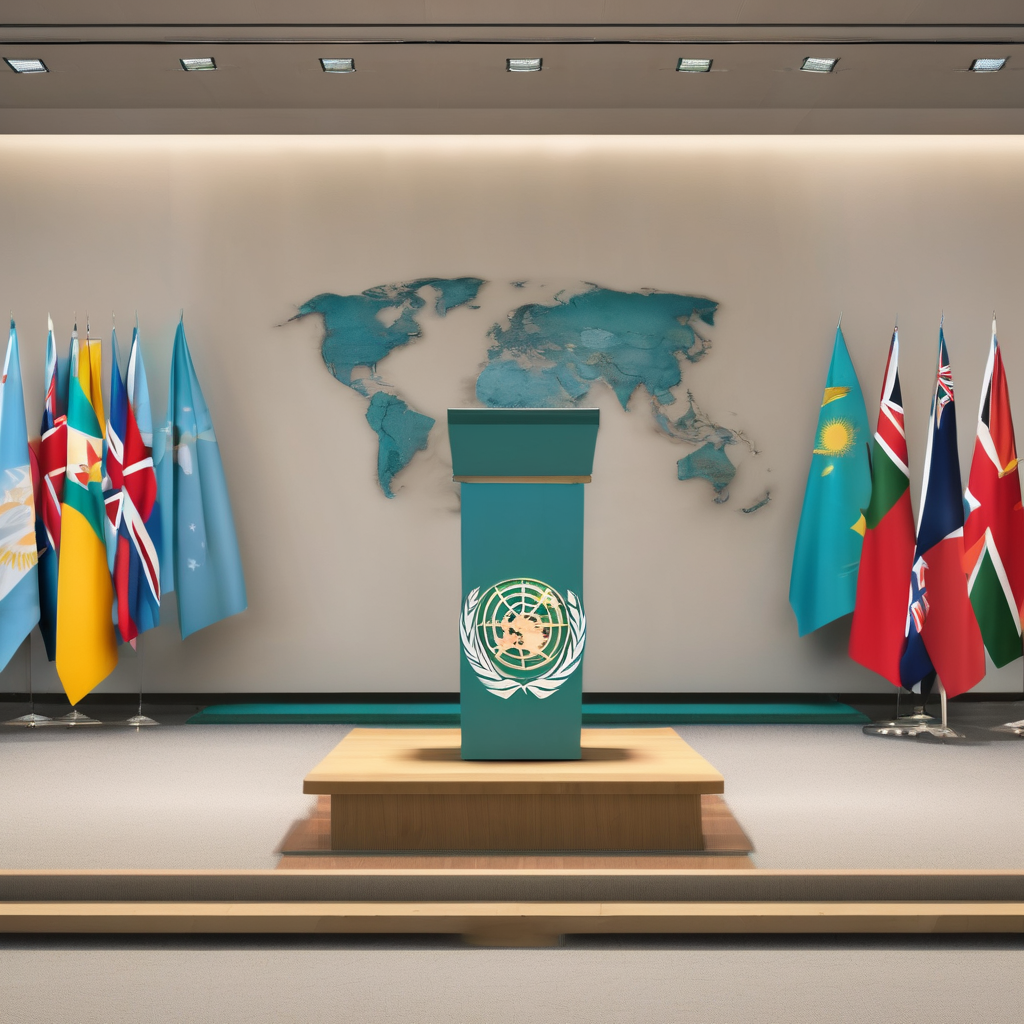Tuvalu’s Prime Minister Feleti Teo has issued an impassioned appeal to global leaders, underscoring the intertwined challenges of gender inequality and climate change affecting Tuvaluan women. Addressing attendees at the UN General Assembly’s High-Level Meeting commemorating the 30th anniversary of the Beijing Platform for Action, Teo emphasized the daily erosion of Tuvaluan women’s rights due to climate change.
Joining over 160 world leaders to evaluate progress and ongoing challenges since the Beijing Platform for Action’s inception, Teo reiterated Tuvalu’s dedication to gender equality. He highlighted significant national reforms, including constitutional guarantees against gender-based discrimination and the upcoming implementation of a National Gender Equity Policy in 2024, which will focus on women’s empowerment and anti-violence measures as integral to Tuvalu’s development strategy.
Despite some progress, Teo spotlighted persistent hurdles, notably the disturbingly high rates of intimate partner violence — affecting one in two women — and the underrepresentation of women in governance, with no female MPs currently serving and women holding only 8 out of 48 council seats.
Teo stressed the crucial link between gender inequality and climate change, arguing that for Tuvaluan women, climate change poses an immediate threat to their rights and well-being. This intersection is particularly emphasized in the Beijing+30 Action Agenda, which seeks to bridge the gender digital divide, alleviate poverty among women and girls, and enhance women’s participation in peace and security processes.
The Prime Minister lauded the extraordinary resilience of Tuvaluan women but warned against conflating resilience with the acceptance of injustice. He urged global leaders to perceive gender equality and climate justice as mutually reinforcing objectives, essential to Tuvalu’s survival and prosperity.
Prime Minister Teo’s message resonates with wider regional efforts throughout the Pacific, where leaders continue to advocate for greater gender equity as part of a broader strategy to promote peace and social inclusivity. In this context, a hopeful narrative is emerging, driven by collaborative Pacific initiatives to acknowledge and fortify the critical contributions of women in regional development and environmental sustainability.
Teo’s address stands as a poignant reminder of the shared responsibilities global leaders have to ensure a fair and sustainable future for all, especially for women who bear a disproportionate burden of climate-related challenges in vulnerable countries like Tuvalu. Through persistent advocacy and heightened awareness, a path toward a more inclusive future where gender equity and environmental integrity are intertwined is attainable.
